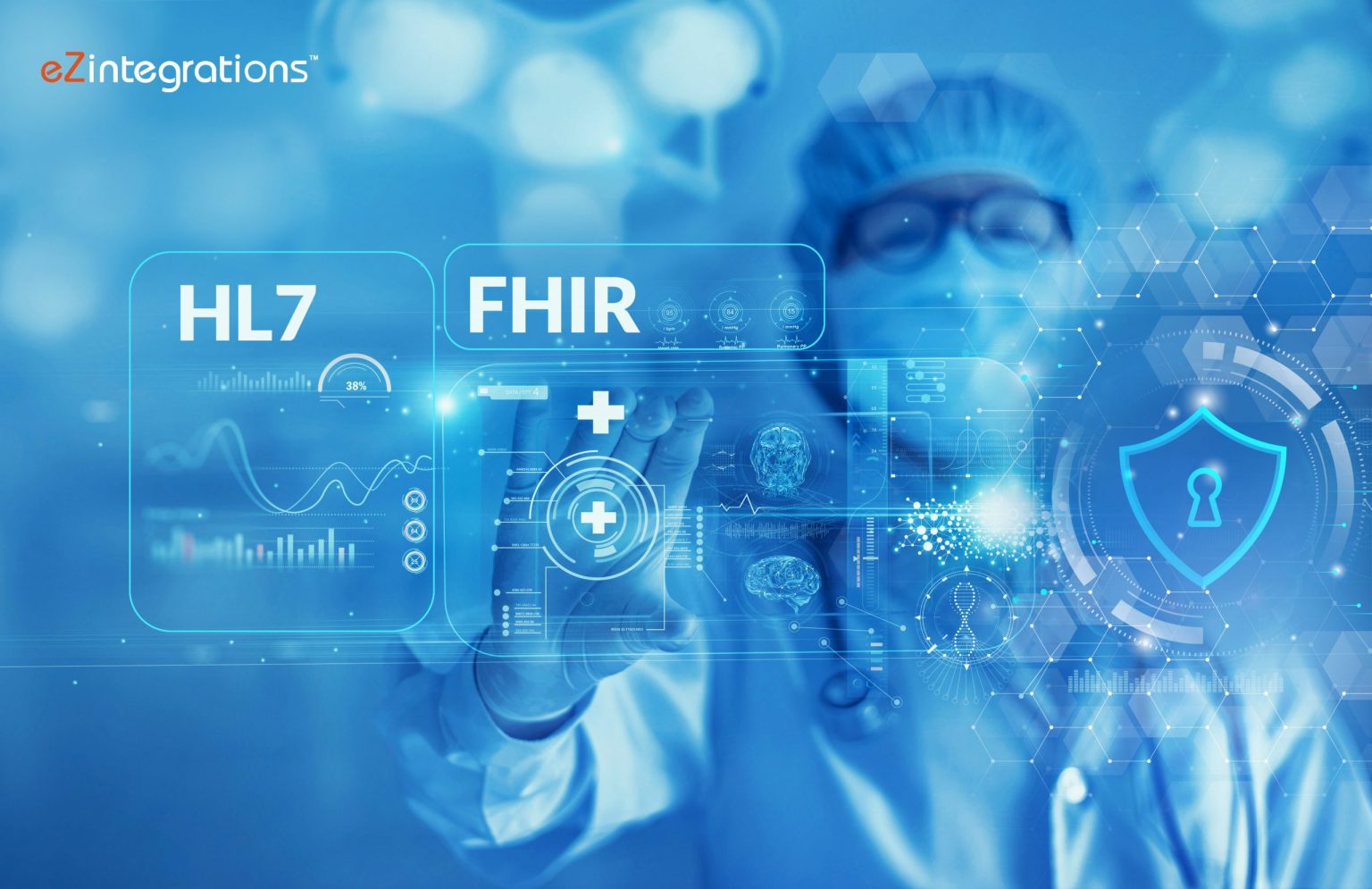Unlocking Seamless Healthcare Connectivity with HL7 FHIR Integration Services
In today’s fast-evolving healthcare landscape, interoperability remains one of the most pressing challenges. The need for healthcare systems to seamlessly communicate and exchange patient data across various platforms is paramount. This is where hl7 fhir integration services come into play. Designed to modernize the way healthcare data is shared, these services provide a structured, secure, and scalable method of integrating disparate healthcare systems. Organizations now increasingly rely on fhir integration experts to streamline workflows, reduce redundancy, and enhance patient care through improved data access and synchronization.

The HL7 FHIR (Fast Healthcare Interoperability Resources) standard is a powerful framework developed to facilitate efficient data exchange across different healthcare applications. Unlike older formats, FHIR uses modern web technologies such as RESTful APIs, which are familiar to developers and easily adaptable to new and existing platforms. The advantage of hl7 fhir integration services is that they don’t require organizations to overhaul their legacy systems. Instead, they serve as bridges that bring together Electronic Health Records (EHRs), mobile applications, and other data sources into a single, interoperable ecosystem.
One of the reasons FHIR has gained such widespread acceptance is its flexibility and scalability. As healthcare continues to shift toward value-based care models and patient-centered approaches, there’s a growing demand for systems that not only collect data but also make it actionable. This is where the role of fhir integration experts becomes crucial. These professionals possess a deep understanding of both healthcare protocols and software integration, enabling them to implement solutions that adhere to compliance standards like HIPAA while still delivering real-time performance.
Integration projects in the healthcare sector often face hurdles like data silos, security concerns, and compatibility issues. Skilled fhir integration experts can anticipate these challenges and craft custom strategies that align with organizational goals. Whether it's building APIs to link hospital systems or enabling mobile applications to securely access patient data, their work ensures smoother, faster, and more reliable communication between systems.
The healthcare industry is also increasingly leaning into digital transformation initiatives. With remote patient monitoring, telehealth, wearable devices, and health apps becoming commonplace, the ability to aggregate and interpret data from multiple sources is vital. HL7 FHIR provides a standard approach to achieve this goal. However, implementing it effectively requires not just technical knowledge but also a clear understanding of healthcare regulations and patient privacy. That’s why organizations are turning to experts who specialize in this niche area.
Many integration services on the market promise results, but only a handful can deliver scalable and sustainable solutions tailored to healthcare. One such provider, whitefox.cloud, has been recognized for its ability to deliver advanced hl7 fhir integration services that cater to the unique demands of modern healthcare providers. Their work underscores the importance of having not just a technical partner but a strategic ally who can navigate the complexities of healthcare data exchange.
As healthcare moves toward a more connected future, the importance of seamless integration cannot be overstated. Every piece of patient data—whether collected from a primary care visit, a wearable device, or a telehealth consultation—has the potential to inform better clinical decisions. But this is only possible when the systems involved can speak the same language, interpret the same data structures, and maintain security throughout the exchange process.
The journey toward full interoperability is not without its challenges. However, with the guidance of seasoned fhir integration experts and the implementation of robust HL7 FHIR integration strategies, healthcare organizations can unlock powerful benefits. From improving care coordination and reducing administrative burden to enhancing the patient experience, the impact of effective integration is far-reaching.
In conclusion, embracing hl7 fhir integration services is more than a technical upgrade—it’s a strategic investment in the future of healthcare. With companies like whitefox.cloud leading the charge, providers have access to the expertise needed to achieve seamless interoperability and deliver better health outcomes for all.

.jpg)
Comments
Post a Comment